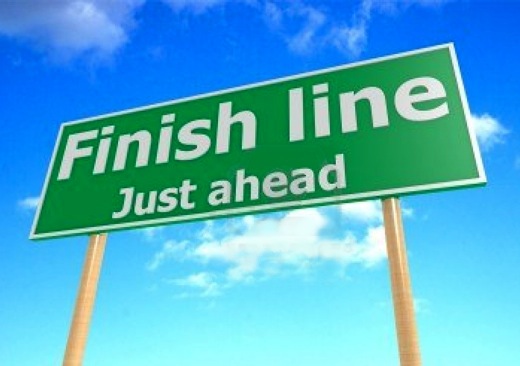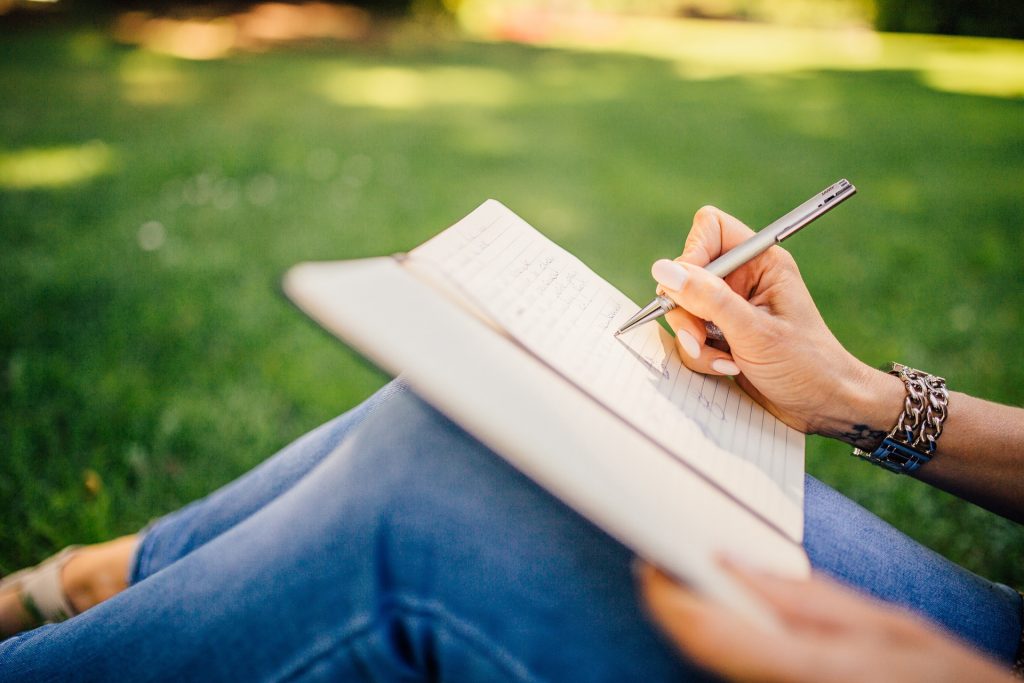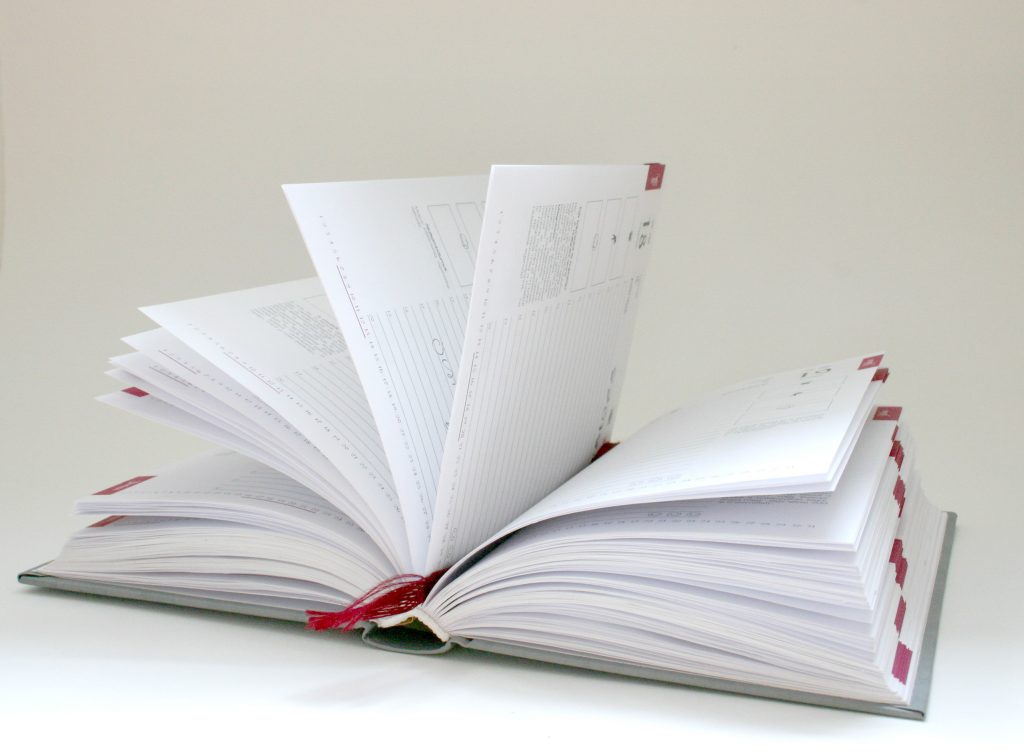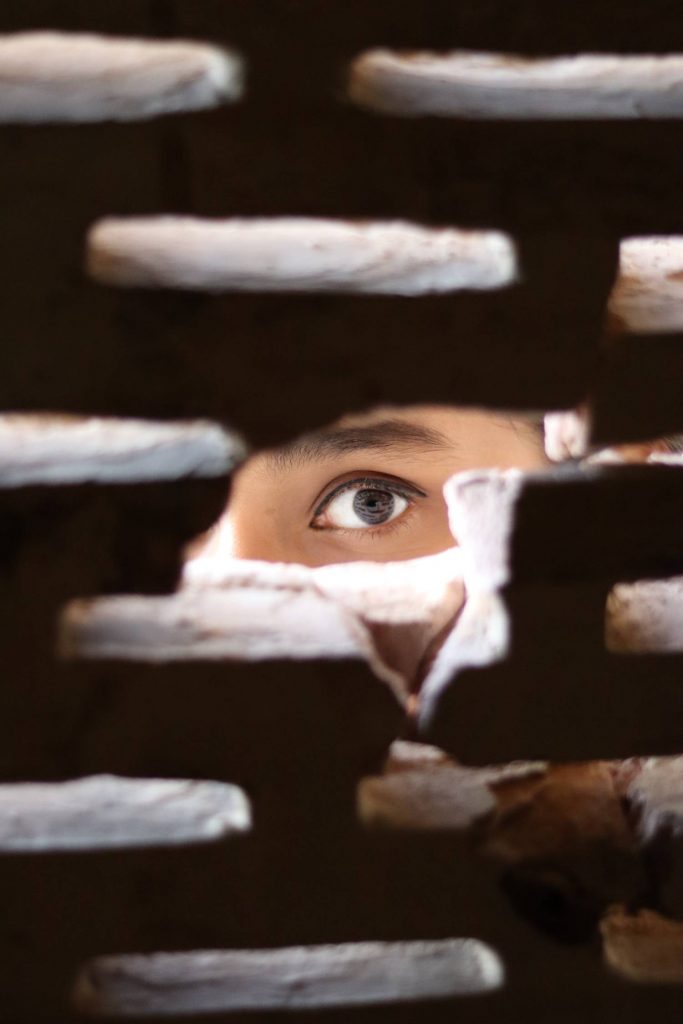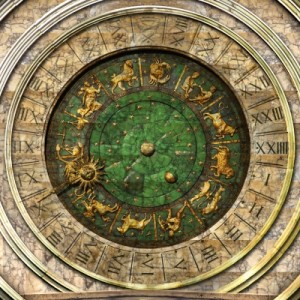
“Transition: (a) a passage or change from one place, state, condition etc. to another; (b) passage in thought, speech, or writing, from one subject to another. ” (From the Canadian Oxford Dictionary.)
If we’re lucky and kind to ourselves, we will live long lives. And in that life time we will be different people, wear different hats, be different ages. Some will change more than others, but we will all change to some degree. When we take that same concept to our writing, we’re talking about the character arc. How does the character change over the course of the novel?
(There are stories where the protagonist doesn’t change, but I don’t particularly like those stories.)
All stories have characters, but I love stories where the main focus is the character development and plot is secondary. I’m interested in people: how they live, how they feel, how they function, how they survive. They say that fiction is the art that comes closest to representing human consciousness. I want to know what goes on inside people’s heads.
